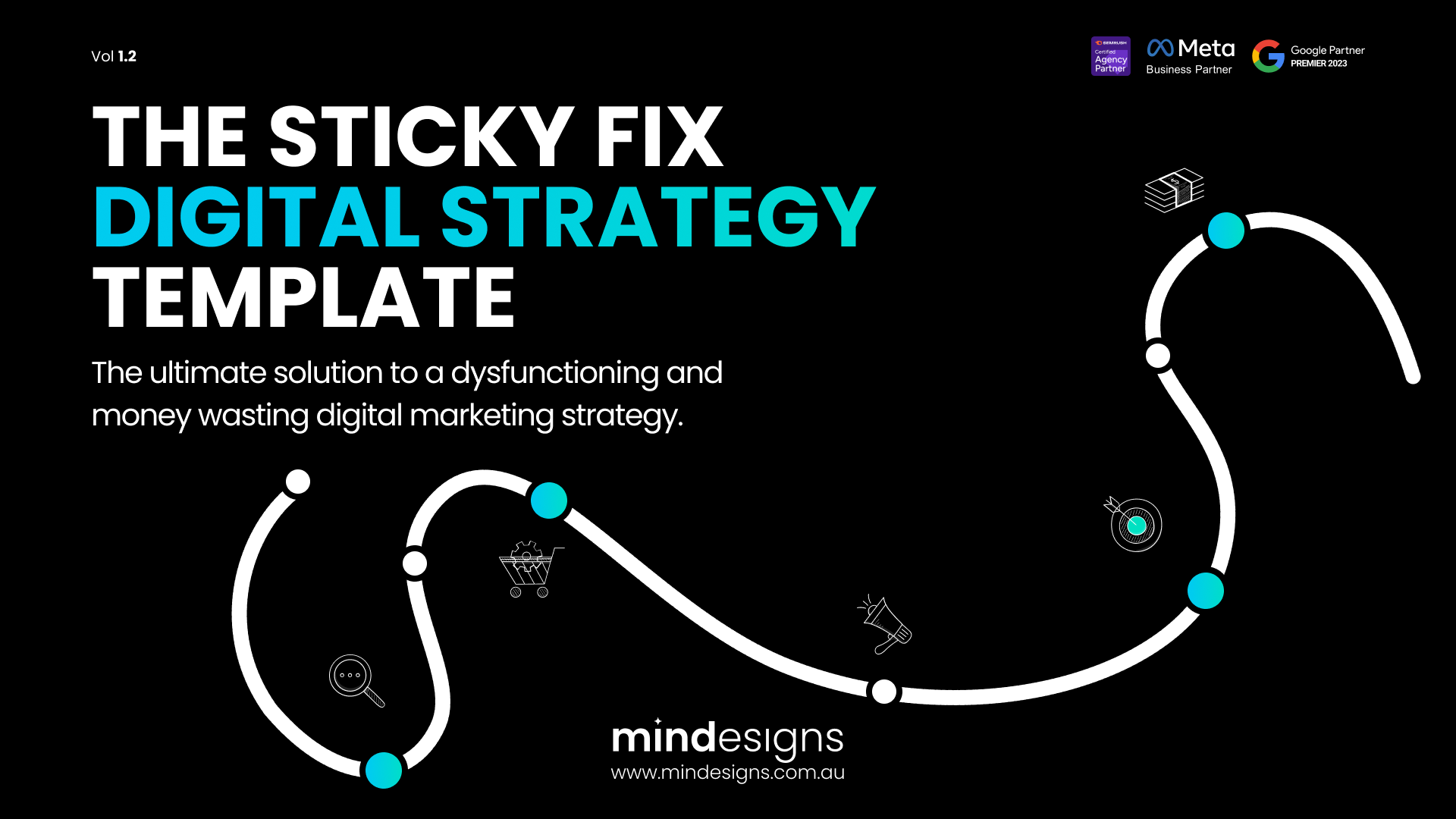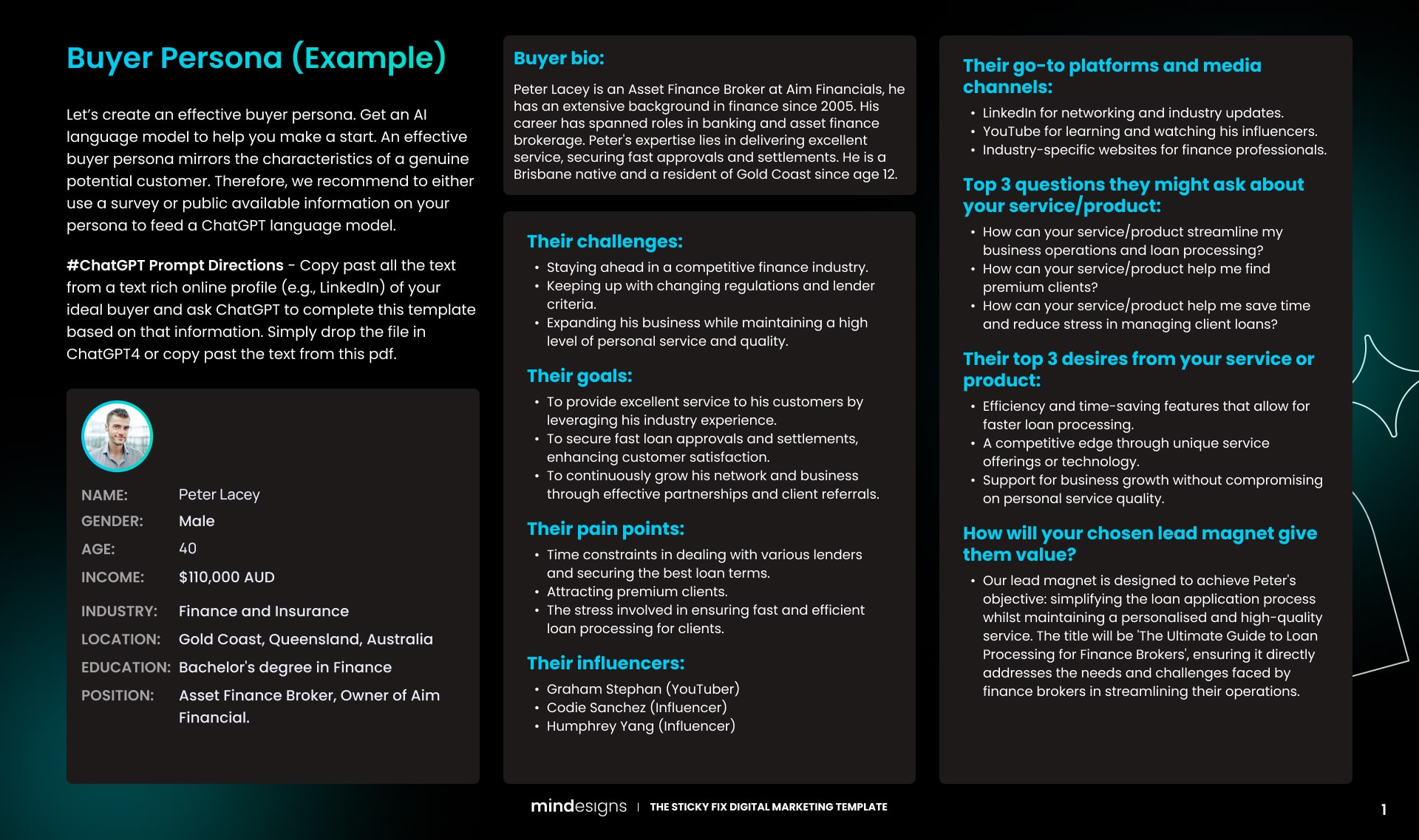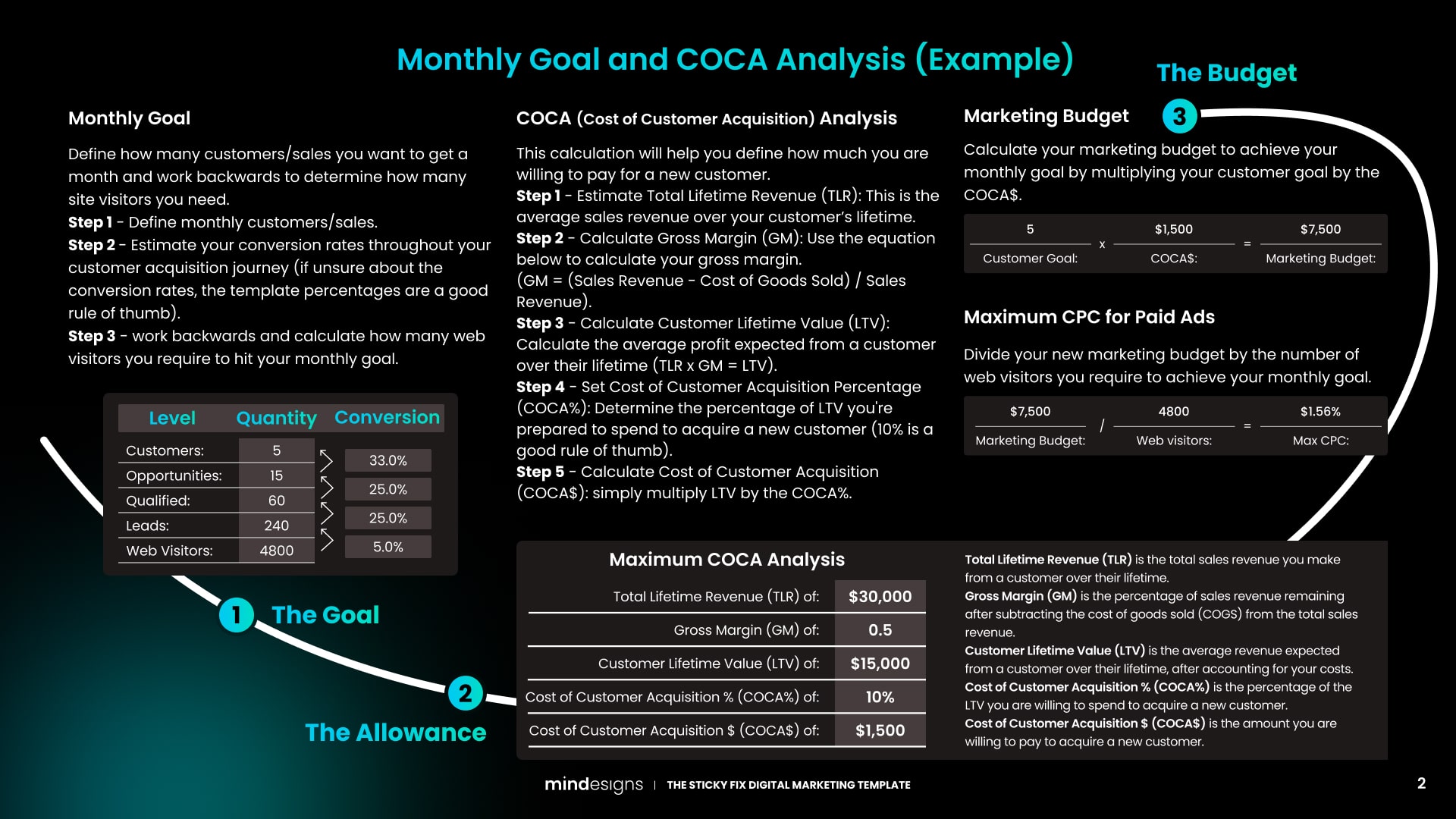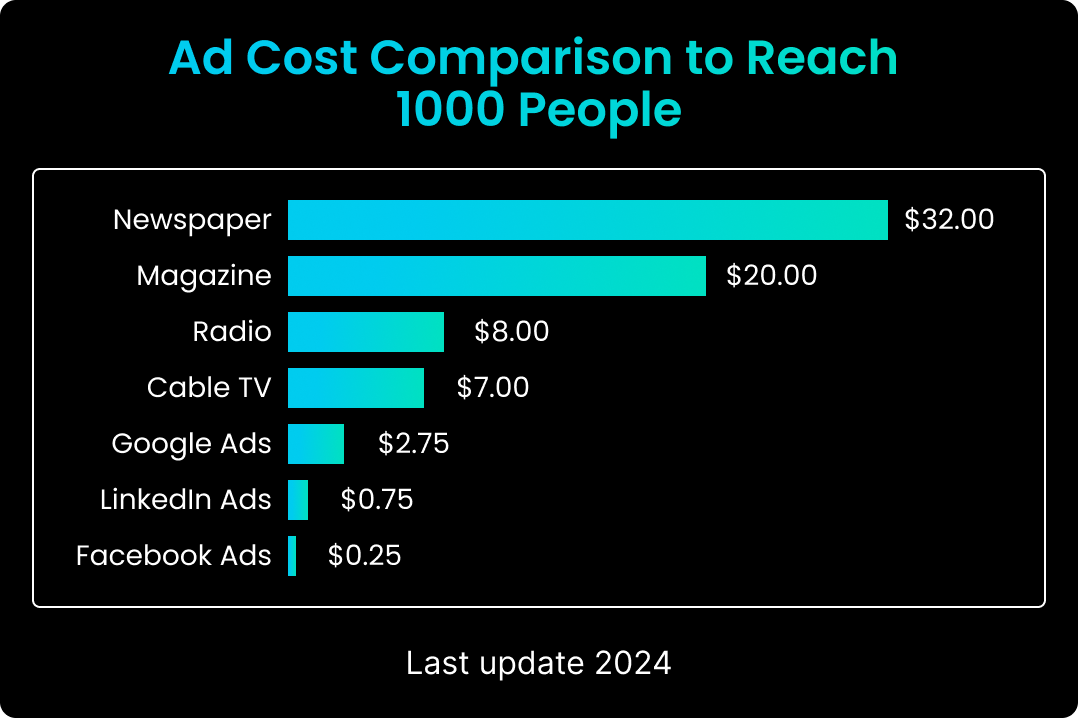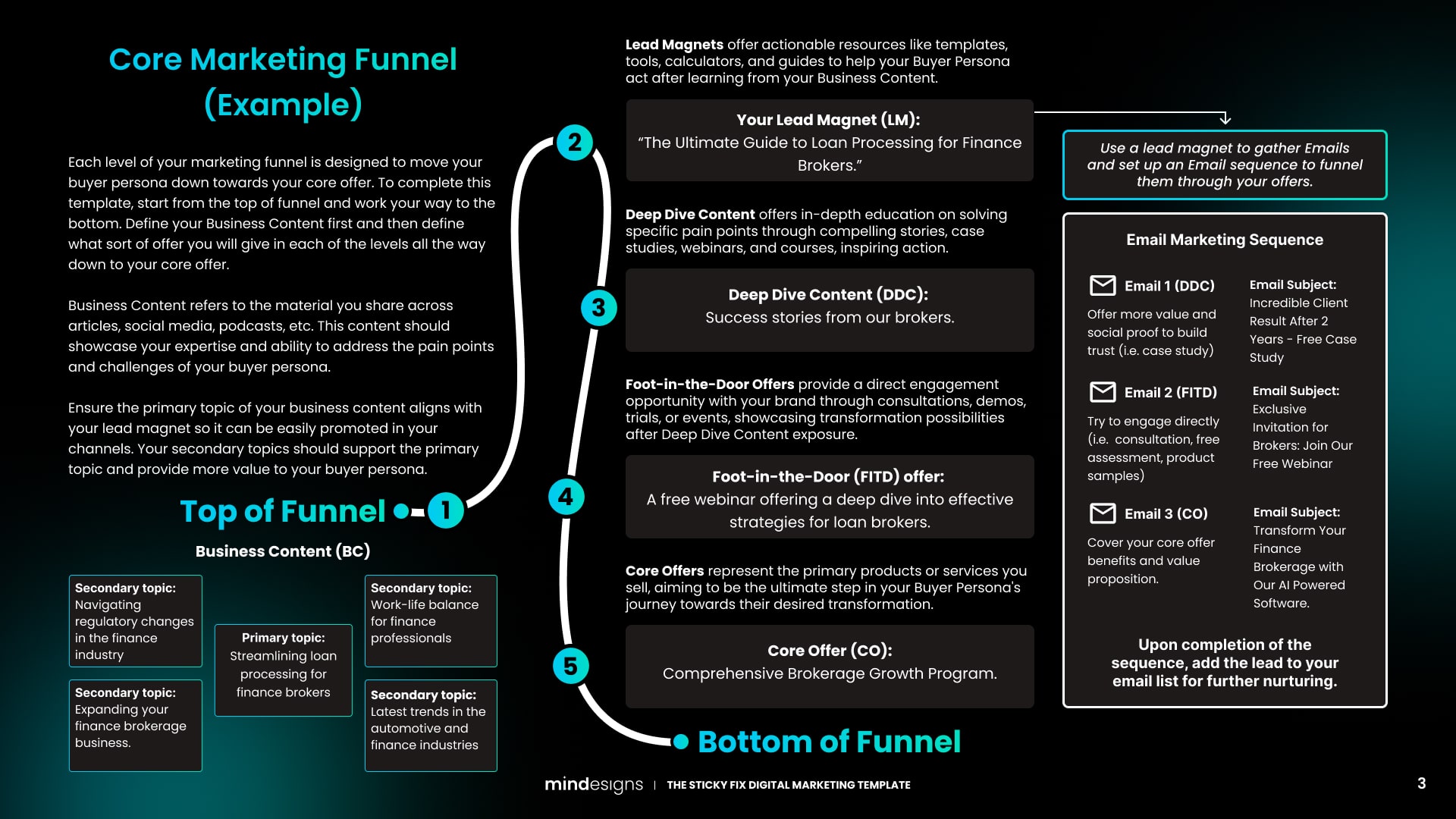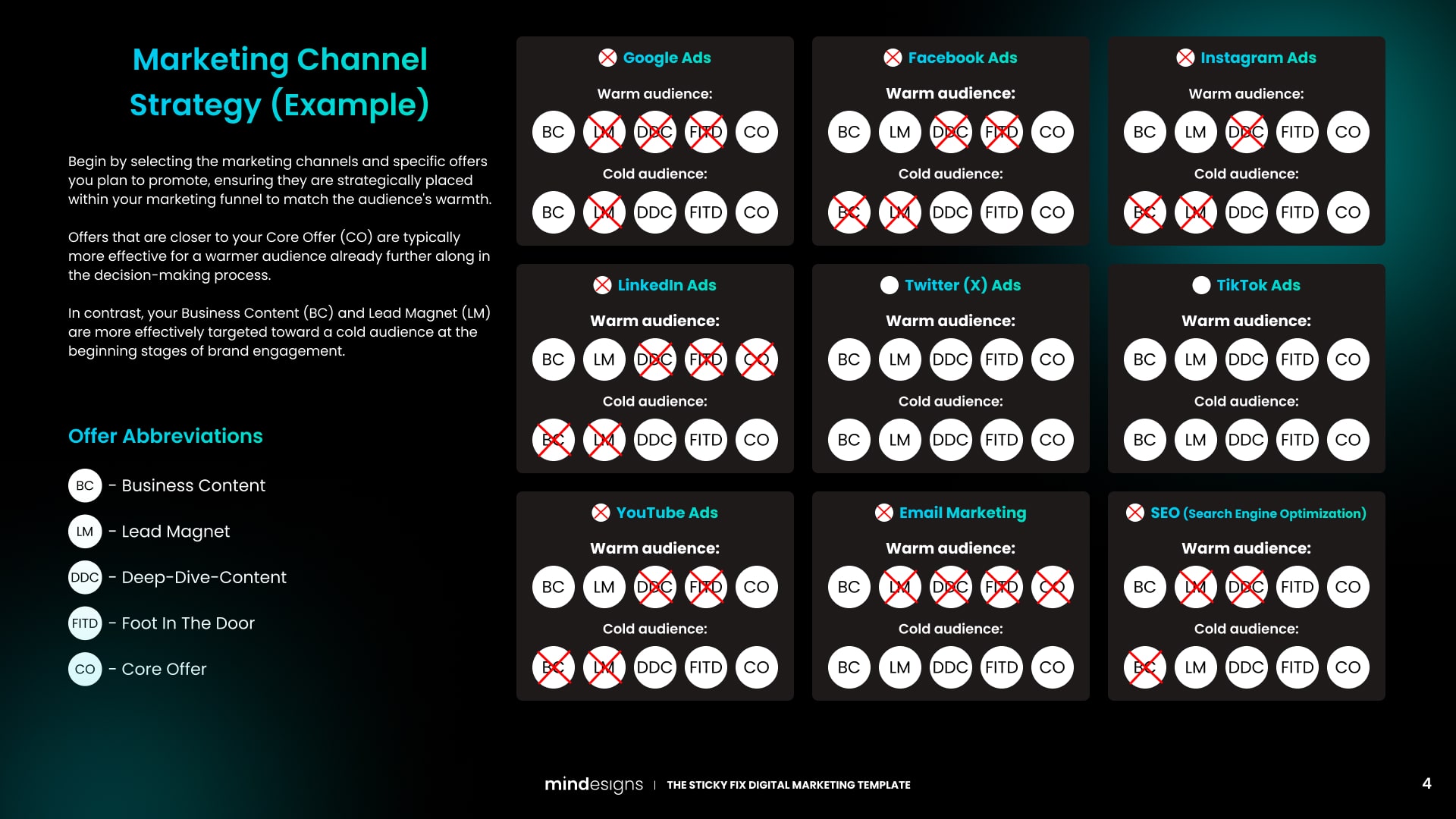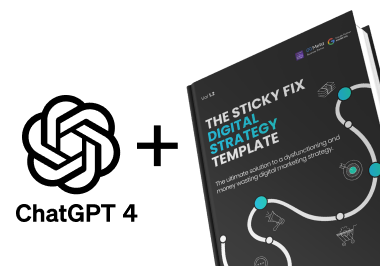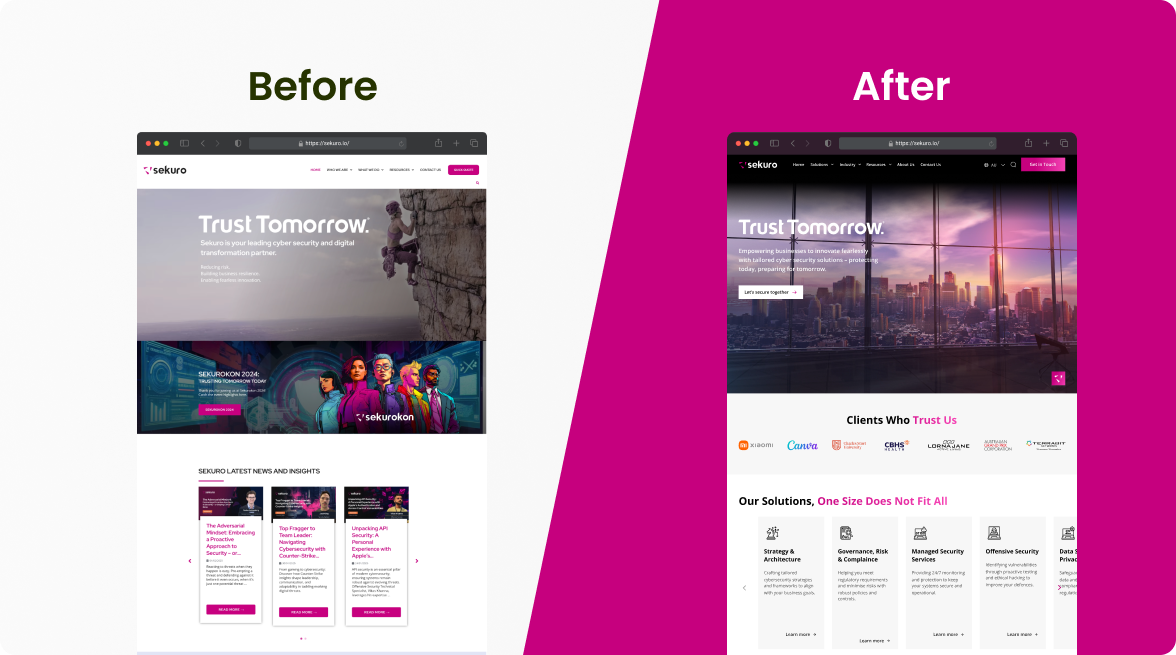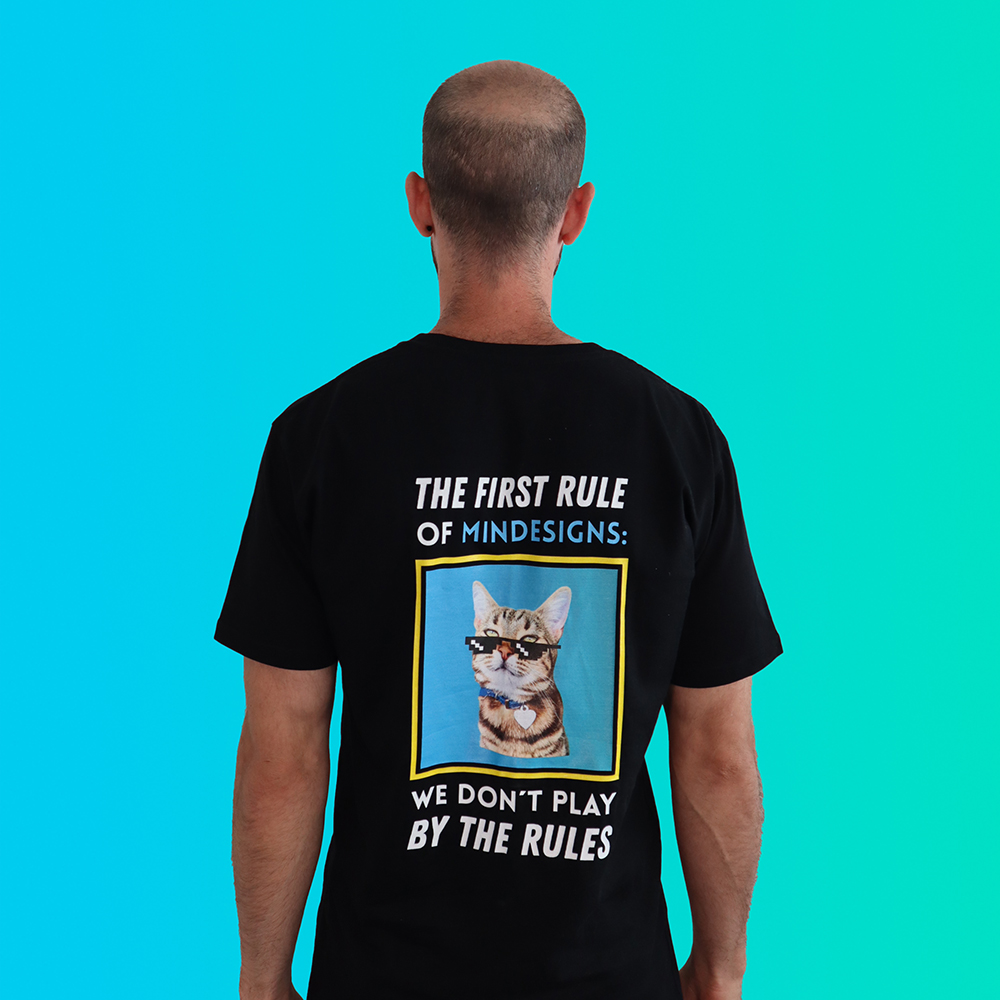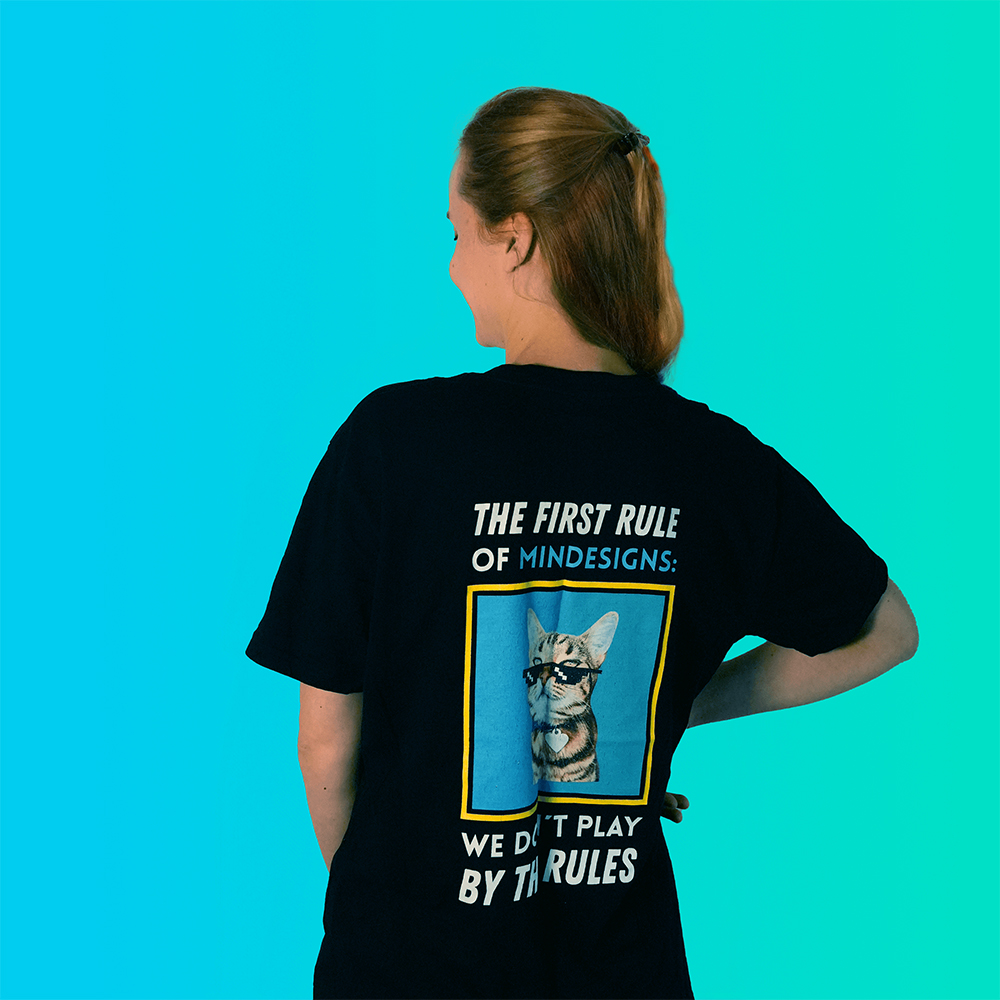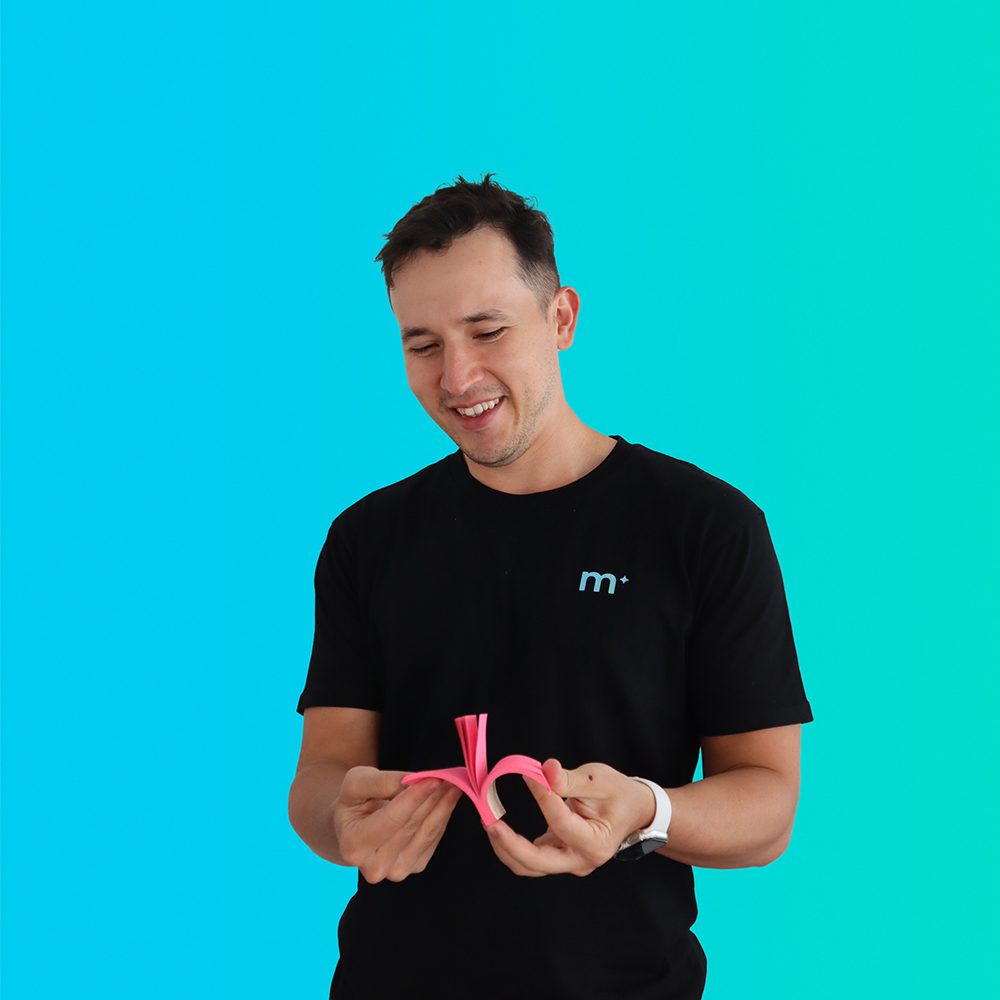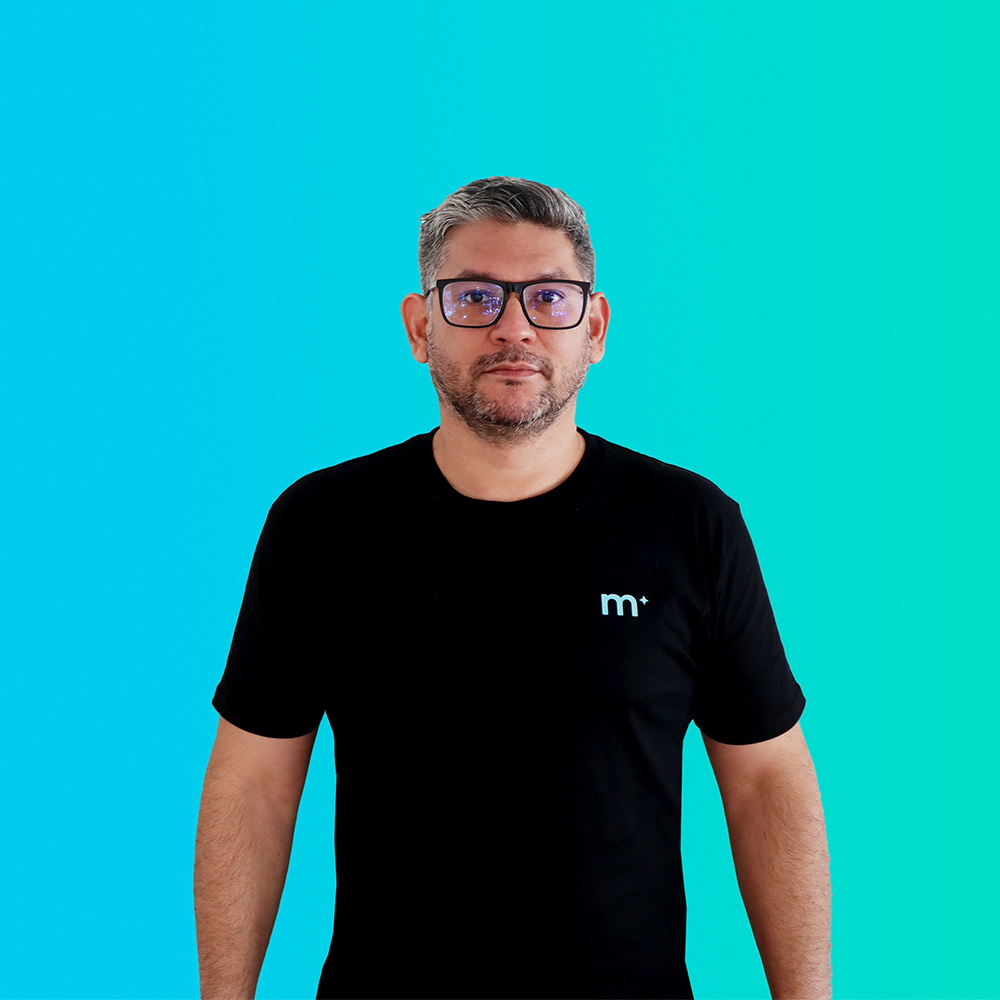Are you experiencing a lack of results in your digital communication strategies? Well, why not try our tested blueprint?
It will help you build your digital marketing strategy from A to Z, including your online communication plan.
Begin by downloading our Online Funnel and Digital Communication Strategy Template.
Then, read this article, which is packed with valuable insights to help you complete this template effectively.
Our Funnel and Digital Communication Strategy Template Explained
The Sticky Fix Digital Strategy Template is your go-to toolkit for crafting a digital marketing plan that stands out. With sections tailored for both your overall digital strategy and your online communication approach, it’s designed to be user-friendly. Whether you’re aiming to enhance your digital presence or streamline your marketing efforts, this template is the key to unlocking your potential.
Excitingly, our template is compatible with ChatGPT, making it heaps easier to use. Just drag and drop the template into ChatGPT4 or any other GenAI reader to get the best advice and complement your marketing strategy. You don’t have to be a marketing guru to get the most out of it.
Now, let’s dive deeper into our expert recommendations and what these templates offer:
Page 1 – Buyer Persona Template
The buyer persona is important in crafting a brand strategy. It helps you understand who you’re trying to reach and resonate with. The buyer persona enables you to create a customer focus that shifts your perspective from what your brand offers to your ideal customer’s needs and wants. This ensures your brand strategy speaks directly to the customers you are trying to attract.
Knowing your audience’s demographics, behaviours, and motivations allows you to tailor your brand voice, messaging, and visuals much better regarding your marketing strategy. Buyer personas also guide the creation of relevant content that addresses your target audience’s specific challenges and interests, making your brand more trustworthy and appealing.
In short, your buyer personas are the roadmap for the rest of your Online Funnel and Digital Communication Strategies.
Many marketing companies and agencies push for an extensive analysis of their customers, many of which are not helpful from a marketing standpoint. Not all information will be relevant in selling your services or product, so you must create a data-focused profile, not necessarily an extensive one.
For this, we recommend copy-pasting a survey or available public information on your buyer persona in a language model like ChatGPT. Using a text-rich online profile like LinkedIn gives more data than, for example, an MBTI personality test.
Page 2 – Monthly Goal and Cost of Customer Acquisition Template
Businesses grow through progress, and to track your progress, you need clear targets that are tangible and measurable. This is why you need to note your monthly goals and conduct a cost of customer acquisition (COCA) analysis.
To effectively meet your sales or client objectives, our template is designed to help you calculate the necessary amount of website traffic or landing page visits. Refer to step 1 in our guide, which acknowledges that conversion rates vary at different stages of your sales funnel. Given these rates can change, our template offers benchmark percentages to use as a preliminary guide. As you gather more specific marketing data pertinent to your business, you’ll be able to refine these estimates.
The Cost of Customer Acquisition (COCA) calculations, shown in step 2 in the template, are equally crucial. This analysis begins by estimating the Total Lifetime Revenue (TLR) you expect from a customer, then deducting costs to find your Gross Margin (GM), and finally calculating the Customer Lifetime Value (LTV). The COCA% is derived by deciding what percentage of the LTV you’re willing to spend to acquire a new customer. Multiplying LTV by this percentage gives you the COCA$, which is the concrete amount you’re prepared to invest for each new customer acquisition.
Understanding the Maximum Cost Per Click (Max CPC) for paid advertisements is essential for optimising your marketing spend. This calculation, which is step 3 on our template, divides your new marketing budget by the number of web visitors needed to achieve your monthly goal. By doing so, you can ascertain the highest amount you should pay for each click to stay within your budget while driving traffic to your site.
It is important to note that monthly goals and COCA are ongoing processes. What works one month may not be the same result for the next, so you must regularly review data to adjust your approach. Doing so will allow you to improve the effectiveness of your marketing campaigns continuously.
Page 3 – Core Marketing Funnel Template
The marketing funnel guides your customers to your business: you begin by grabbing their attention, nurturing their interest, and convincing them that they want or need your product or service. Each level of your marketing funnel is designed to move your customer toward your core offer.
Our template begins with the business content, which you use to grab your customers’ attention through materials you share across different channels and platforms. Your content should highlight your abilities and expertise in addressing your buyer persona’s pain points and challenges.
Your business content should tie in with your lead magnets – actionable resources like templates, tools, and guides to help your business persona act after gathering information from your business content.
If your potential customers are staying with you up to this point, you can then introduce them to deep-dive content, which offers in-depth solutions to different pain points, using compelling stories, case studies, and even educational courses that inspire them to act.
You then move to foot-in-door offers that provide direct engagement opportunities with your brands. Here, you can introduce consultations, demos, trials, or events highlighting possibilities.
Finally, you present them with your core offers, which are your primary products or services – this is the final step in your buyer’s journey toward conversions.
Although it may seem extensive, the marketing funnel is important for SMEs because it helps you focus your marketing efforts on people who are most likely to become customers and then build trust and credibility with them before they buy. Your ability to track progress at each stage of the funnel helps you see what’s working and what’s not so you can optimise your marketing strategy to achieve better results.
However, it is important to note that the marketing funnel is not a one-size-fits-all approach: specific content and tactics will differ at each stage of the funnel depending on your industry and target audience.
Page 4 – Digital Communication Strategy Template
The Digital Communication Strategy Template offers a framework to help you build a strategic plan for your communication channels. We must delve deeper into the concept of “marketing channel strategy” and explore the pros and cons of using different channels at each stage of the marketing funnel.
Successful digital communication strategies lie in understanding the buyer journey, where you strategically place your offers on the proper marketing channels. The template highlights the importance of using the audience’s warmth, which refers to their familiarity with your brand.
Warm audiences, or those closer to conversion, are already familiar with your brand and can be further along in the decision-making process. Here, you can focus on core offers, including consultations, product demos, and exclusive discounts (Deep-Dive-Content, Foot-In-The-Door Offer and Core Offer).
Cold audiences are those in early engagement – people still unfamiliar with your brand. Your goal is to raise awareness and build trust with valuable content. For example, blogs, shorts and lead magnets like eBooks, white papers, and webinars.
These days, cold audiences usually become aware of your brand through social media. You can also optimise your website’s SEO to create organic traffic and build long-term brand authority with your content by sharing your expertise and knowledge.
Understanding the strengths and weaknesses of different channels at each funnel stage is super important. TIP—If you download our template, you can ask ChatGPT to help you build your communication strategy using the strengths of each channel.
The Importance of a Cohesive Digital Communication Strategy
In today’s dynamic digital landscape, the vitality of a cohesive digital communication strategy cannot be understated. It’s essential to focus your efforts on select channels that align with your business goals and audience preferences to foster growth.
Consider the customer journey as a funnel: broad at the entry point to capture awareness, then gradually narrowing as you engage and refine your audience’s interests. As potential customers progress through the stages of awareness, consideration, and finally, decision, a cohesive strategy ensures that tailored, compelling messages reach them at each juncture.
Such a strategy not only targets the various funnel stages with precision but also fortifies your brand’s presence across all digital platforms. Consistent messaging in tone, style, and values engenders trust and strong brand recognition, which is critical given the challenging business landscape. In Australia, statistics indicate that one in three new small businesses fail within the first year, half by the end of the second year, and three-quarters by the fifth year. A significant factor in these failures is the lack of rigorous planning, including the absence of formal feasibility studies or detailed business plans prior to launch.
Without a clear plan and a unified digital strategy, marketing efforts often lead to weak brand identity, squandered resources, and missed opportunities. On the other hand, a robust digital communication strategy acts as a navigational chart for your brand, directing efforts towards customer acquisition, retention, and loyalty, thereby steering you clear of common pitfalls and guiding you towards long-term success. Investing in a well-crafted digital communication strategy is, in essence, securing the future of your enterprise.
